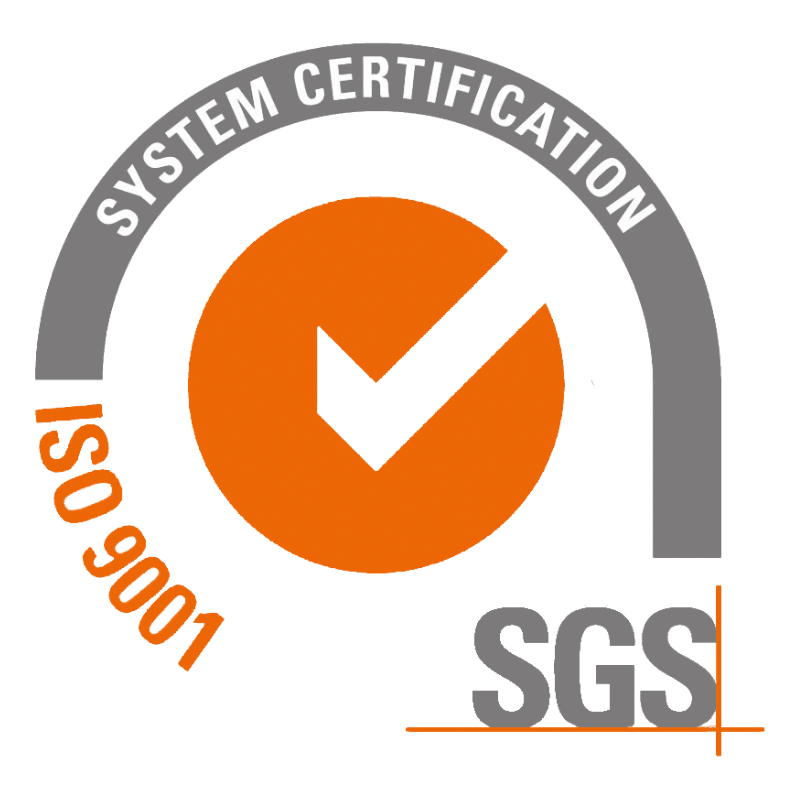The concept of Impostor Syndrome is becoming widely recognised and has rapidly entered the public imagination. Professionals are gaining an appreciation for its effect on them and their work, as well as more awareness of how it may be holding back their colleagues and/or friends.

With something so common (it may affect as many as two thirds of UK citizens), it’s easy to think that Impostor Syndrome is simply a part of life and something you will have to learn to live with – not so!
As a learning and development partner to over 100 public and private sector organisations, trusted to provide the training that helps their staff to work effectively, efficiently and – perhaps most importantly – happily, we are pleased to provide some techniques you can deploy if you need to counteract Impostor Syndrome and mitigate its damaging impact:

Seek Feedback
Third party feedback is a vital weapon in the fight against Impostor Syndrome, because it is distinct from the story we tell ourselves, which has a tendency to be critical. Try arranging for some feedback from a colleague and don’t worry, it’s not cheating to ask someone who will almost certainly be positive! A good method is LinkedIn’s ‘endorsement’ feature, which allows you to prompt current or previous managers or colleagues to speak on your strengths and experience.
Refresh your CV
Even if you are settled in your current role and not seeking new opportunities, regularly updating your CV to reflect your growing experience and expanding skillset is very sensible. Impostor Syndrome causes us to tell ourselves questionable stories, and the best response to any ‘narrative’ that may or may not be true is objectivity. So, taking the time to think about the factual summary of your competence is a valuable exercise in ignoring the narrative and focusing on the evidence.


Record Feedback
It’s useful to keep a journal of positive feedback that you receive as part of your work. This might feel awkward initially, but eventually it becomes a valuable habit and provides somewhere to look when you need a reminder of your competence and strengths. Whatever it focuses on, keeping a professional journal is a good personal development technique – but by filling it with summaries of your effectiveness, from external sources, you create a powerful counterpoint to any discomforting self-doubts.
Successful Failures

Sit down and make a list of your achievements – things in your career or role to date that you’re really proud of and to the success of which you definitively contributed. Within each one, try to think about any mistakes or challenges that occurred en route – at the time, they will have been frustrating and probably demoralising, but did they stop you getting there in the end? This exercise serves to remind you that bumps in the road are not the end of it, and the ‘failure’ you may be giving yourself a hard time for could well be something you look back on later as a useful learning exercise.
Examine Your Wins
Listing previous challenges leads neatly into another technique that involves re-visiting previous work – examining your wins. Impostor Syndrome sufferers tend to dismiss the positive quickly, whilst lingering on the negative longer than necessary (and, unlike the above, unconstructively). You can break this habit by critically examining your successes and giving yourself the credit you deserve.

The increasingly popular concept of Continuous Improvement doesn’t just mean exploring failures and unpacking things to avoid doing in the future, it’s just as valuable to examine successful outcomes for behaviours or approaches to repeat again and again!
Keep a Skills Diary

Similar to the approach of making sure your CV is continuously up-to-date and, at any given moment, reflects your skills and experience, keeping a diary of how and when you have used different skills can help to keep Impostor Syndrome at bay. This shouldn’t become an arduous process which distracts you from your day-to-day work and there’s no need to take an overly comprehensive approach to it, but next time you feel unskilled or unqualified, you will have an objective summary of all the things you know how to do. This should include even skills you take for granted, such as familiarity with a piece of common software or comparative expertise in a particular area of your work.
To enquire about training support that we can provide for your workforce, including virtual or face-to-face workshops around understanding and combatting the impacts of Impostor Syndrome, visit our Talk to Us page to fill out an enquiry form, or send an email to [email protected].






